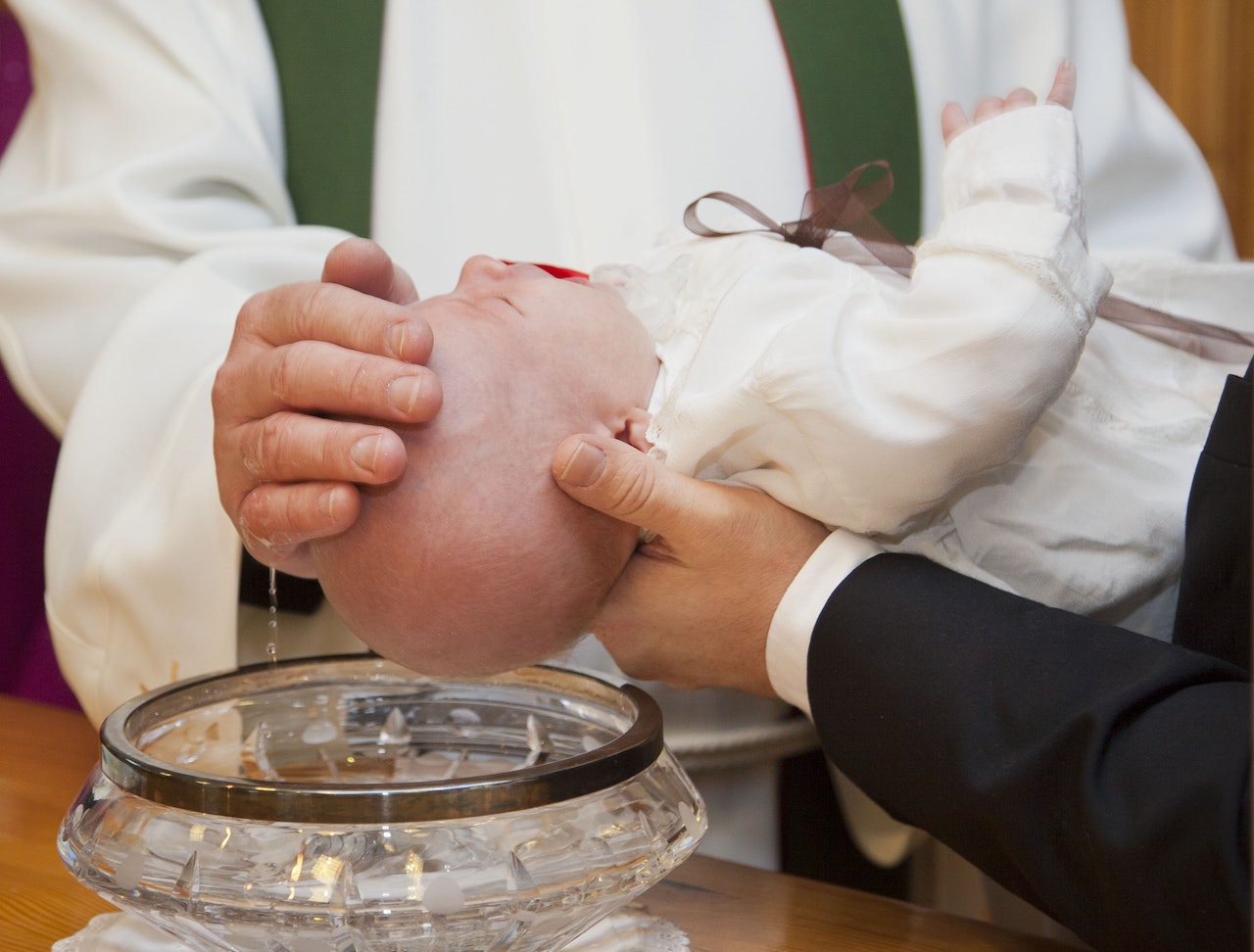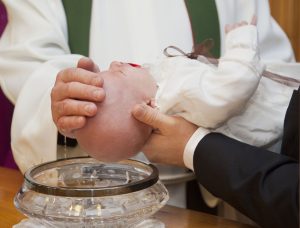



Jason DeRose, Managing Editor at Christian.net, uses his expertise in religion and journalism to deepen understanding of faith's societal impacts. His editorial leadership, coupled with a strong academic background, enriches the platform’s diverse content, earning him recognition in both journalism and religious circles.
Learn more about Editorial TeamGet an understanding of what a certificate of baptism is, why it's important, and when you might need to use one.
(Many of the links in this article redirect to a specific reviewed product. Your purchase of these products through affiliate links helps to generate commission for Christian.net, at no extra cost. Learn more)
Baptism holds a significant place within Christian traditions. It’s more than a mere ritual or ceremony, as baptism serves as an outward expression of an inward faith. This spiritual sacrament symbolizes purification, rebirth, and dedication to following Christ’s teachings.
In gaining this perspective, you can appreciate the profound relevance of obtaining your Certificate of Baptism further down the line. But what exactly is it, and what purpose does it serve?
A Certificate of Baptism isn’t just an ordinary piece of paper, but a vital religious document. It’s an official record that affirms that the baptism ceremony has taken place.
This certificate usually includes essential details like your name, date of birth, and most importantly, the date you were baptized. In that sense, it’s an equivalent to other major documents you’ll acquire in your lifetime and keep hold of, such as your driver’s license or passport, albeit with a much more significant emphasis on faith and Christian commitment.
There are multiple occasions when a certificate of baptism might be necessary. Let’s look at some:
1. Confirmation: This Christian rite often requires proof of your baptism. The certificate serves as the exact reference.
2. Marriage within church: Many Christian congregations require you to present your baptismal record before performing marriage ceremonies.
3. Religious Services or Retreats: Some retreat centers or services may require documentation proving you’ve gone through the sacrament for certain activities.
4. Joining New Churches: When moving towns, cities, or simply changing parishes, having a certificate can facilitate seamless integration into new religious communities. The same applies if you’re thinking of becoming a pastor, or moving to practice elsewhere after already starting down this path.
These events symbolize lynchpin stages in our spiritual journey. So storing and taking care of this precious document is a must.
In today’s digital world, you can fill out your certificate of baptism online. This innovative method allows churches to streamline the process and make it much quicker and easier for congregants.
These online platforms often have templates that reflect traditional certificates adding authenticity to the digital versions. Simply enter your details, print it out, sign it over with church officials and keep this document safe for future use.
Also keep in mind that having a physical or digital copy is equally valid, as long as it’s sanctioned by your respective religious institution.
Maintaining records of your religious milestones, like baptism, can play a substantial role in the journey of faith. Here’s why keeping such records matters:
1. Verification: As mentioned, these certificates validate participation in sacraments and affirm your adherence to Christian principles. They serve as authentic proof when required.
2. Preserving Memories: Another reason is that documents like this can bring back meaningful memories, both for personal and administrative reasons. From a practical perspective, there’s no doubt that over time you may forget exact dates, and these documents fill those gaps.
3. Family History: They aid in passing down family history through generations. Your descendants will gain insight into their religious lineage from these records
In short, taking the time to preserve your Certificate of Baptism and other significant religious documents contributes not just towards personal growth but also familial and institutional record maintenance.
As you now know, the Certificate of Baptism represents a fundamental step in your spiritual journey. It’s not just proof of being a member of the Christian community but serves as an essential religious document for various ecclesiastical requirements.
Keeping track and safely maintaining this certificate ensures smoother transitions during significant life events, while also preserving invaluable tokens of family history. Your faith is vital, so safeguard it well.